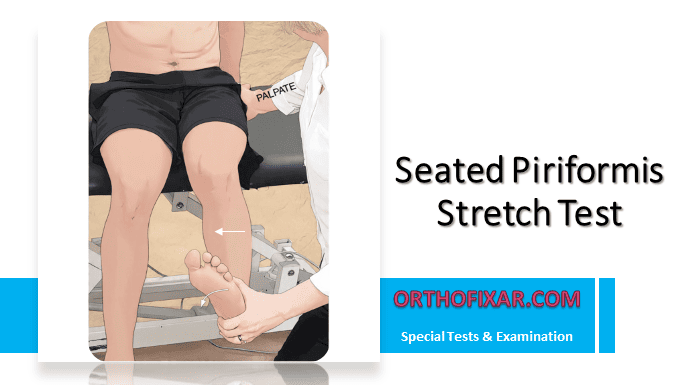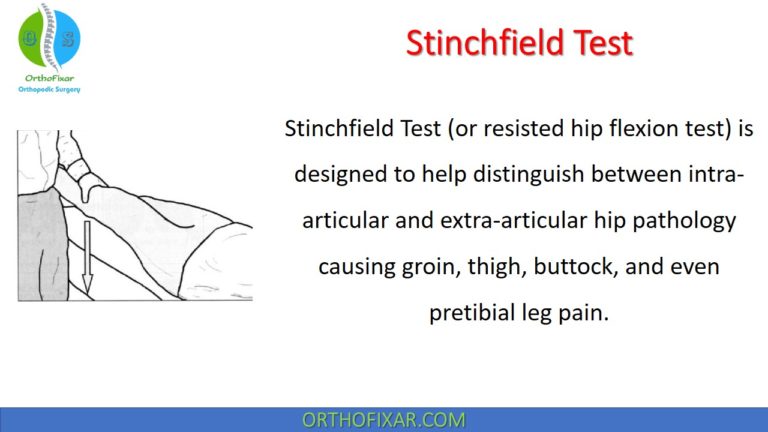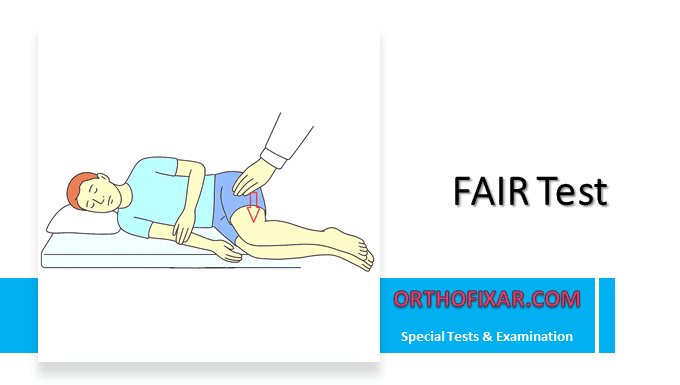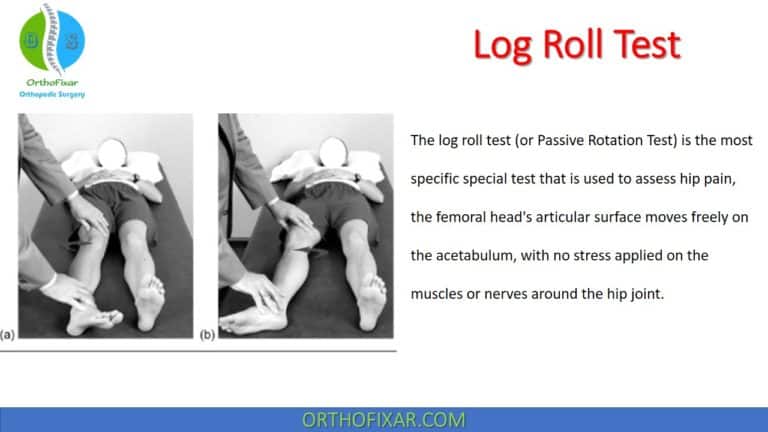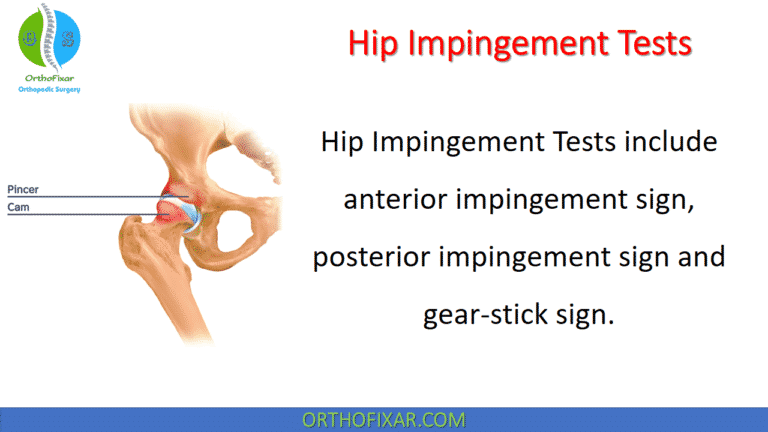The Seated Piriformis Stretch Test is a clinical maneuver used to assess irritation, tightness, or pathology involving the piriformis muscle and its relationship to the sciatic nerve. The purpose of the test is to reproduce symptoms associated with piriformis syndrome. To determine whether deep hip external rotators, especially the piriformis, contribute to the patient’s buttock or sciatic-type pain.
The piriformis muscle originates from the anterior surface of the sacrum and inserts on the greater trochanter of the femur. When the hip is flexed, adducted, and internally rotated, the piriformis is placed under maximum stretch. The sciatic nerve typically passes beneath (or sometimes through) the piriformis, making this test valuable for identifying potential nerve compression.
See Also: Piriformis Muscle Anatomy
How to Perform the Seated Piriformis Stretch Test?
- The patient sits upright at the edge of the examination table. Hips and knees are flexed to approximately 90°.
- The examiner extends the patient’s knee to place a gentle stretch on the sciatic nerve.
- While maintaining knee extension, the examiner passively flexes the hip further and moves it into adduction, and medial (internal) rotation.
- The examiner palpates the piriformis muscle: Laterally to the ischial tuberosity, or Proximally at the sciatic notch. These are common locations where the piriformis may compress or irritate the sciatic nerve.
See Also: Thomas Test
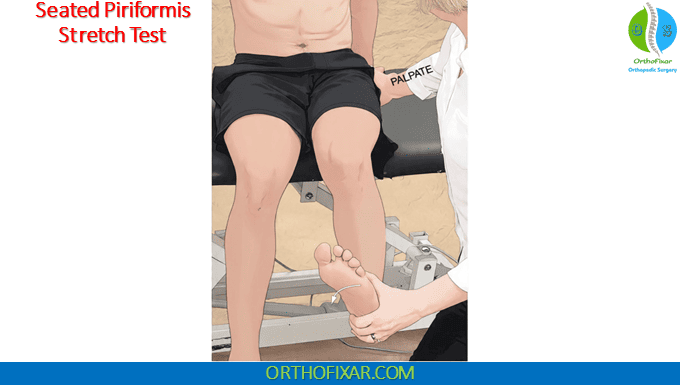
What does a Positive Seated Piriformis Stretch Test Mean?
Reproduction of the patient’s familiar pain in the region of the piriformis. Pain may radiate along the posterior thigh if the sciatic nerve is involved.
This test loads the deep external rotators of the hip, especially the piriformis, by combining:
- Hip flexion
- Adduction
- Internal rotation
These motions stretch the piriformis and may compress the sciatic nerve as it passes underneath or through the muscle.
A positive test supports suspicion of:
- Piriformis syndrome
- Deep gluteal syndrome
- Myofascial involvement of the deep hip rotators.
Test Accuracy
In a study to determine the diagnostic accuracy of the straight leg raise (SLR), active piriformis, and seated piriformis stretch tests in identifying individuals with sciatic nerve entrapment, the seated piriformis stretch test has:
- Sensitivity: 52%
- Specificity: 90%
With a positive likelihood ratio of 5.22, negative likelihood ratio of 0.53, and diagnostic odds ratio of 9.82.
The most accurate findings were obtained when the results of the active piriformis test and seated piriformis stretch test were combined, with sensitivity of 0.91, specificity of 0.80, positive likelihood ratio of 4.57, negative likelihood ratio of 0.11, and diagnostic odds ratio of 42.00.
References & More
- Carro LP, Hernando MF, Cerezal L, et al. Deep gluteal space problems: piriformis syndrome, ischiofemoral impingement and sciatic nerve release. Muscles Ligaments Tendons J. 2016;6(3):384–396. PubMed
- Martin HD, Kivlan BR, Palmer IJ, Martin RL. Diagnostic accuracy of clinical tests for sciatic nerve entrapment in the gluteal region. Knee Surg Sports Traumatol Arthrosc. 2014;22(4):882–888. PubMed
- Martin HD, Khoury A, Schroder R, Palmer IJ. Ischiofemoral impingement and hamstring syndrome as causes of posterior hip pain: where do we go next? Clin Sports Med. 2016;35(3):469–486. PubMed
- Orthopedic Physical Assessment by David J. Magee, 7th Edition.
